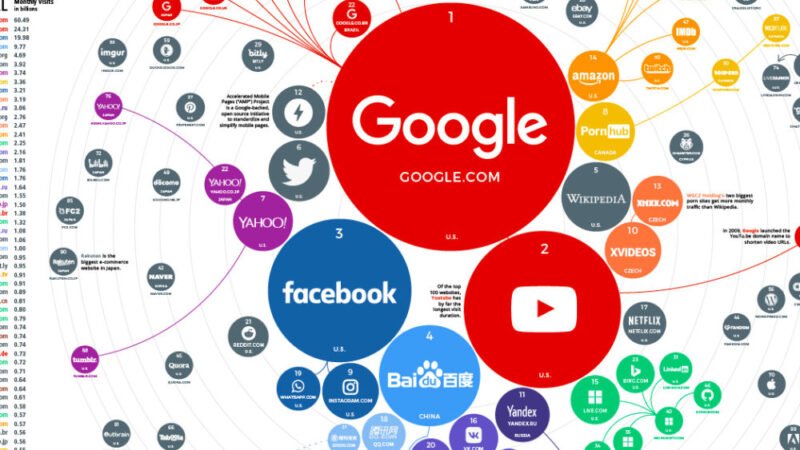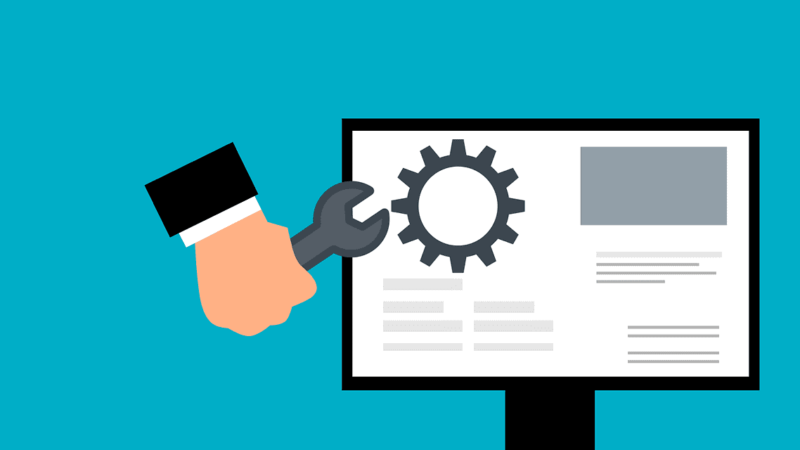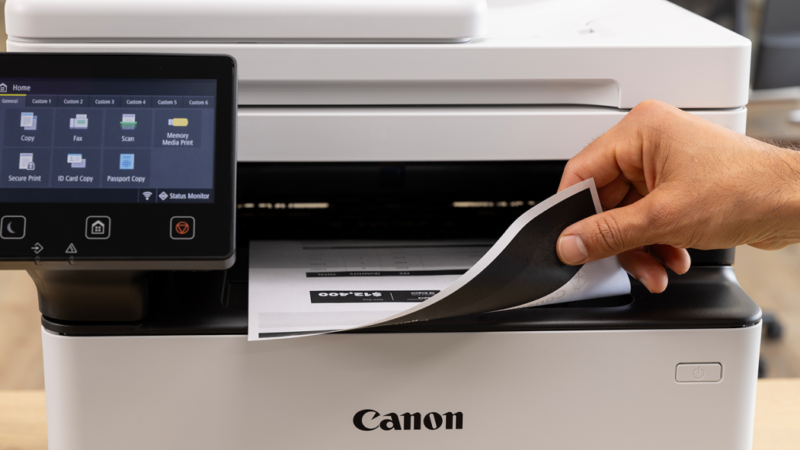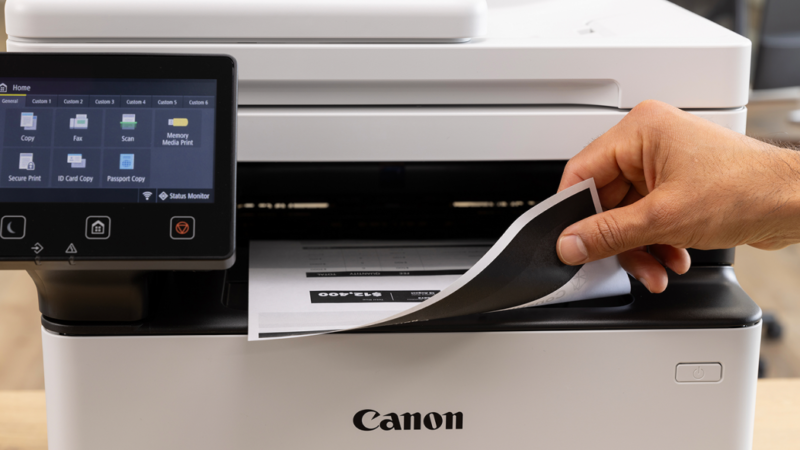Spyware: detection, prevention and removal

Spyware can infect any device and give cybercriminals full access to sensitive information such as passwords, bank details, or your entire digital identity. But what exactly is spyware and what does it do? Read on to learn how spyware is defined, how it is detected and prevented, and how to remove the various types of spyware lurking in cyberspace.
What is spyware?
Spyware is a type of malware that tries to stay hidden while secretly recording information and tracking your online activities, both on computers and mobile devices. You can monitor and copy everything you write, upload, download and store. Some strains of spyware are also capable of activating cameras and microphones to see and hear you without your knowledge.
This item contains:
- What is spyware?
- What exactly does spyware do?
- Who is most vulnerable to threats?
- How to know if you have spyware
- Preventing the spread of spyware
- Forget spyware
By definition, spyware is designed to be invisible, which may be one of its most damaging attributes: the longer it goes unnoticed, the more havoc it can wreak. It is like a virtual stalker that follows you through your use of the device, collecting your personal data at the same time.
Strictly speaking, spyware has some valid uses. For example, your company might have a security policy that allows you to use software to monitor employee use of computers and mobile devices. The goal of corporate spyware is often to protect proprietary information or monitor employee productivity. Parental controls that limit device usage and block adult content are also a form of spyware.
Most likely, you are aware of any benign spyware installed on the device you are using. For the purposes of this article, we will focus on malicious spyware, that is, spyware that sneaks onto your device with malicious intent.
Is spyware a virus?
Spyware and viruses are common examples of malicious software (malware), but otherwise they are not very similar. They differ in their behavior: A computer virus inserts itself into a host program to copy itself and spread across networks and devices; Spyware is designed to remain hidden on the devices it infects.
What is Spyware
Some types of viruses may be accompanied by spyware in their infection campaign. However, that’s not the only way to get a nasty spyware infection: you can also pick up all sorts of malware from unsafe websites , suspicious links and email attachments, as well as from infected hardware (such as a hard drive). USB).
What exactly does spyware do?
Spyware can track and record activity on computers and mobile devices. There are strains with specific behaviors; In general, cyberthieves use spyware to collect data and personal information .
Once spyware is on your computer or mobile device, it can carry out a disturbing variety of covert operations, including:
- Keylogging (recording everything you type, such as usernames, passwords, banking information, etc.)
- Record audio and video, or take screenshots
- Control the device remotely
- Capture content from email, messaging, and social media apps
Record and capture your browsing history
Unfortunately, these capabilities have attracted the interest of stalkers and jealous couples. In some circles, spyware is called stalkerware or spouseware . For the benefit of people experiencing abusive situations and relationships, the US National Network to End Domestic Violence and Avast have put together some tips for combating spyware and other invasive apps on smart devices.
Some spyware vendors market their products as parental control or employee monitoring programs, and claim to do their best to prevent customers from using their products to spy on others. However, their advertising tactics and claims are similar to those of “massage wands”: Sure, you can use the product as directed, but most likely it will be used for purposes the manufacturer can’t mention on the website. the marketing collateral.
types of spyware
Spyware has uses that go beyond secretly monitoring, storing online activity, and capturing sensitive data from targets. Some strains can introduce unwanted pop-up ads into the browsing experience or surreptitiously overload the processor of the computer or mobile device. Others are used to create traffic on websites. Some of the more common varieties of spyware are summarized here.
Adware automatically displays advertisements while you browse the Internet or use ad-supported software . In a malware context, adware stealthily installs itself on your computer or mobile device, spies on your browsing history, and then serves you intrusive advertisements.
Keyloggers record every keystroke you make on the infected device and save the information in a log file that is usually encrypted. Short for ” keystroke logging ” , this type of spyware collects everything you type on your computer, smartphone, or tablet, including text messages, emails, usernames, and passwords.
Infostealers collect information from your equipment or your mobile systems. Keyloggers are a type of infostealer; there are others that can do much more than log and store the information they get from keystrokes. For example, they can also scan your computer for specific information and collect browsing history, documents, and instant messaging sessions. Some strains can do their dirty work secretly and in one fell swoop , before disappearing from their victims’ computers.
Red Shell is a type of spyware that is installed during the installation of certain PC games and then tracks players’ online activity . Its creators indicate that they want to “take advantage of this knowledge to help developers create better games” and ” make better decisions regarding the effectiveness of their advertising campaigns.” Critics of Red Shell object to the fact that it is installed without their knowledge or consent.
Cookies can be useful. For example, they instantly log you into your favorite websites and serve you ads for goods and services relevant to your interests. However, tracking cookies can be considered spyware as they follow you online when you browse, collect your history and record login attempts. With the proper knowledge and tools, a black hat hacker could use these cookies to recreate your logins. Therefore, he does not forget to delete tracking cookies on a regular basis, or disable them completely .
Rootkits allow criminals to infiltrate and access computers and mobile devices at a very deep level. They can do this by exploiting security vulnerabilities, using Trojans , or by logging into a machine as administrators. Rootkits are often difficult or impossible to detect , but they can be prevented with powerful antivirus software.
Who is most vulnerable to threats?
Criminals use spyware to surreptitiously collect sensitive information from individuals and businesses. Those who regularly bank online are especially attractive targets for hackers looking for financial data, either to use themselves or to sell to other criminals.
Businesses need to be especially vigilant about spyware to protect their operations and, perhaps more importantly, prevent a highly effective corporate espionage tool from sneaking onto their network .
There are also high-profile cases of authoritarian governments using spyware to covertly monitor journalists and human rights activists.
As with most malware, we can all slip up and become victims with a single click, tap, download, or installation . Some sophisticated strains of spyware can even infect mobile devices through calls from applications such as Skype. A very advanced variant takes advantage of a WhatsApp vulnerability that allows it to infect mobile devices even if the victim does not answer the attacker’s call.
In general, anyone using a computer, smartphone, tablet, or smart device or appliance can become a target for malware . While Windows users are most at risk, spyware has evolved to the point where an increasing number of strains are capable of infecting Macs, iOS and Android devices.
Spyware and mobile devices
If we take the burgeoning mobile spyware industry as an indicator , this form of malware is on the rise. Although the developers of “mobile monitoring software” claim that their products are for businesses and parents, nothing prevents someone from using them for evil purposes.
It’s important to understand that smartphones and tablets are, just like computers , vulnerable to a wide variety of malware . Its growing use offers cybercriminals an ever-increasing number of targets. At the same time, the increasing complexity of hardware and networks facilitates the development of new and more powerful threats. As if that were not enough, smartphones offer attackers an additional means of infiltration: text messages, or SMS.
If you suspect your smart device is infected with spyware, we can help:
Guide to remove spyware on iPhone
How to know if you have spyware
We’ve noted that spyware is designed to be undetectable and untraceable, making it difficult to tell if you’re infected. To know if your computer or mobile device is affected, watch for the following signs:
- The device works slower than normal
- Device crashes or hangs frequently
- Start getting lots of pop-ups
- Browser home page changes unexpectedly
- New or unidentifiable icons appear on the taskbar
- Web searches redirect you to a different search engine
- You start getting weird error messages when you use apps that you have never had problems with before
Of course, these are also symptoms of other malware infections. To determine exactly what you are dealing with, you need to dig a little deeper and scan your device with antivirus software that includes spyware scanning .
What do I do if my device gets infected?
If you discover that spyware has infiltrated any of your devices, carefully isolate the affected hardware in case it is a virus attack . That done, use a reliable spyware removal tool .
Preventing the spread of spyware
Although there is no foolproof way to stop spyware, you can stop it from spreading by making sure it doesn’t infiltrate any of your devices. The minimal time and effort you spend will save you the headache of removing malware.
Here are some tips to help prevent spyware from making its way into your digital life:
- Use reputable antivirus software with anti-spyware features
- Don’t download suspicious email attachments
- Don’t click on online pop-up ads
- Don’t open links you receive in text messages from unknown numbers
- Avoid chatting with strangers on messaging apps
- Keep your computer’s operating system and mobile devices up to date
Forget spyware
Affordable, effective, and nearly undetectable, spyware is becoming increasingly popular with cybercriminals and has become a major online threat. Keeping it off your computers and mobile devices doesn’t have to be difficult. Be vigilant and stay away from suspicious-looking links, attachments, and pop-ups. For more peace of mind, install Avast Free Antivirus , which includes a powerful spyware prevention tool for the best cybersecurity protection. This is just one of the many reasons why more than 400 million people trust Avast with their security and privacy.






